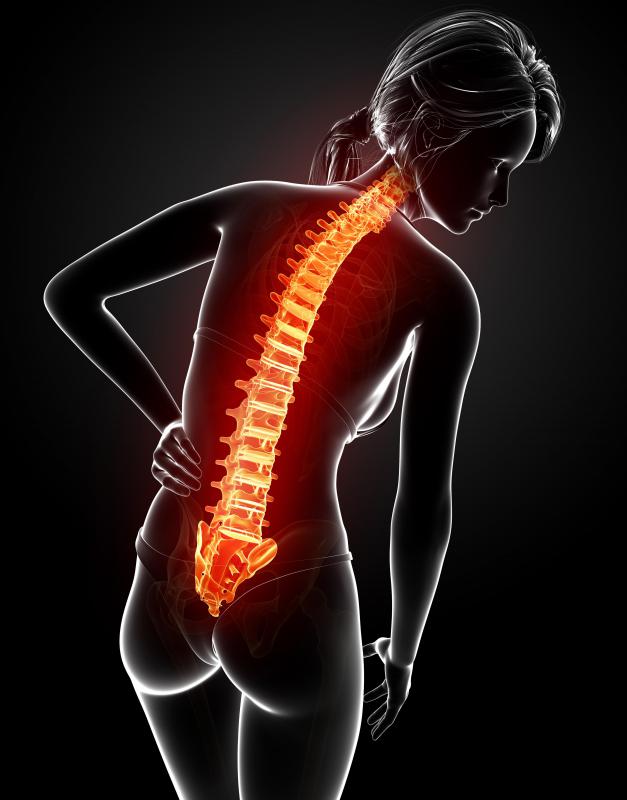At WiseGEEK, we're committed to delivering accurate, trustworthy information. Our expert-authored content is rigorously fact-checked and sourced from credible authorities. Discover how we uphold the highest standards in providing you with reliable knowledge.
What is the Astrocyte?
The astrocyte is a star-shaped cell that provides support to the neurons of the central nervous system, or the brain and spinal cord. Astrocytes are a subtype of gilal cells, or neuroglia, the support cells of the nervous system. They are responsible for providing physical support, nutrition, and biochemical support, to the blood-brain barrier and the neurons, as well as for the repair and scarring of the brain or spinal cord following injury. The astrocyte also helps maintain the balance of ions in the extracellular matrix of the central nervous system. Astrocytes feature multiple long cell processes, or arms, that communicate with neurons and other important structures, such as capillaries and the blood-brain barrier.
Astrocytes provide physical support to neurons by forming a matrix that holds the neurons in place. The matrix also isolates synapses, the junctions across which neurons send chemical impulses to each other. This prevents the chemical signals released from neurons from dispersing too far, and neurons can transmit signals more smoothly as a result.

Astrocytes also help keep the central nervous system free of debris through phagocytosis. In phagocytosis, the astrocyte envelops debris in the central nervous system and ingests it. When the central nervous system is damaged, the astrocytes clean up the damaged cells through phagocytosis, and fill up the empty space, forming a glial scar.
Astrocytes also provide neurons with important nutrients, notably lactate. Some astrocytes communicate with capillaries, tiny blood vessels, from which they receive glucose. The astrocyte then breaks the glucose down into lactate, storing some, and releasing the rest into the extracellular fluid of the central nervous system. Neurons receive the lactate they use for energy from the extracellular fluid. When neurons in a certain area have a lot of metabolic activity, the neighboring astrocytes can release their stored lactate to give the neurons the extra energy they need.

While the astrocyte was once considered a gap-filler cell of less importance than the neurons; it is now believed to have a number of active roles in the central nervous system. For example, astrocytes are now believed to secrete and absorb some neurotransmitters and to aid in vasomodulation, the neural control of blood flow, by acting as intermediaries between neurons. Recent discoveries about astrocytes have led to an increased interest in astrocyte research in the field of neuroscience. Some current research focused on whether astrocytes may play a role in clinical depression, based on a link between diabetes and depression, both of which are characterized by altered glucose metabolism in the central nervous system.
AS FEATURED ON:
AS FEATURED ON:












Discuss this Article
Post your comments